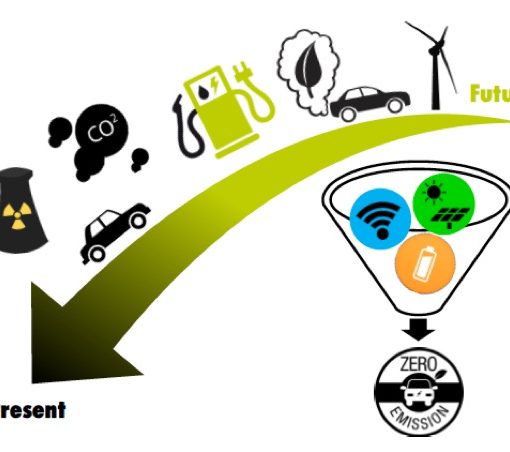Around 90% of the total costs of commercial buildings´ operations are attributed to the staff in terms of salaries and benefits. Energy-related behaviors of building occupants are directly related to high fluctuations of energy consumption in buildings. Evidently, Green buildings and upcoming sustainable building technologies will need to justify their impact on the occupants´ energy consumption along the whole building´s lifecycle. This MSc Thesis explores the relation between Wellbeing and energy-related behaviors during the operation and maintenance phase of the building. The aim is to find practices applicable to operations management that will have a positive impact on the occupant´s Wellbeing while fostering lower energy consumption. First, through an extensive literature review, this report organizes relevant concepts, theories and frameworks. Afterwards, the Center for Interactive Research on Sustainability (CIRS) is presented as a case study via the operation strategies undertaken to ensure health and comfort of the occupants. Semi-structured interviews with the post-occupancy evaluator and operations director at CIRS were performed. The interviews focused on the implications of applying such strategies and their relations. The results are presented via a 5-step framework highlighting awareness, competence and meaningfulness when operational strategies aim to ensure the wellbeing of occupants. Moreover, the CIRS strategies were organized in two frameworks (CAS & PAS). This, to visualize the processes and roles involved in the assessment of Wellbeing and energy-related behaviors. Finally, the applicability of the learned strategies from CIRS on the Swedish context is presented. A semi-structured interview was conducted with the environmental strategist on a Real Estate company in Gothenburg. The operational strategies and occupant´s practices involving Wellbeing and energy-related behaviors were identified. In order to progressively adapt the overall results in Gothenburg, a set of managerial recommendations and transitional practices is proposed.
© EDUARDO NAVARRO BRINGAS, GUILLERMO SIBAJA ENDONIO, 2015
Full report available here.





